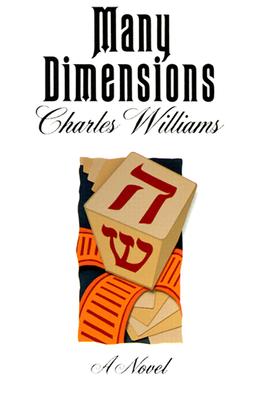What do you think?
Rate this book


221 pages, Paperback
First published January 1, 1931
"It is decisively the fact that language does have frontiers, that gives proof of a transcendent presence in the fabric of the world. It is just because we can go further, because speech so marvelously fails us, that we experience the certitude of a divine meaning surpassing and enfolding ours."